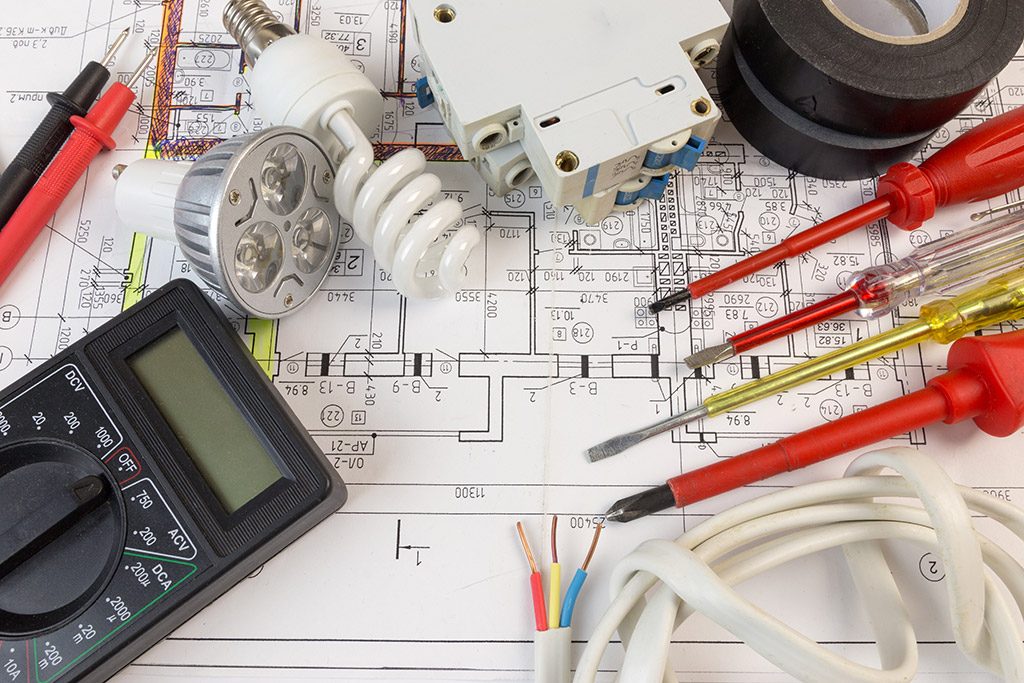Debunking Electric Setup: Comprehending Codes and Laws for a Legal and Safe Setup
In the realm of electrical installation, adherence to codes and regulations is paramount to ensure both legality and safety. The intricacies bordering electric work can be complicated, however familiarizing oneself with the recognized standards is key to navigating this area with self-confidence. By comprehending the ins and outs of the National Electric Code and regional building codes, people can assure that their setups meet called for precaution and are in conformity with the regulation. The journey to debunking electrical installation goes past simple familiarity with laws; it requires an extensive grasp of how to apply secure electrical practices effectively.
Significance of Electric Codes
The adherence to electrical codes is essential in ensuring the safety and reliability of electric setups. Electric codes function as a set of requirements and standards that dictate the proper layout, setup, and maintenance of electric systems. These codes are established to reduce the threat of electrical risks, fires, and other safety and security problems that might arise from damaged electrical work.

Moreover, electric codes are frequently upgraded to include new innovations, ideal techniques, and security procedures. Remaining updated with these codes is vital for professionals in the electric sector to guarantee that their job fulfills the current safety and security requirements. Eventually, the significance of electrical codes lies in developing a secure and efficient electrical facilities that benefits both individuals and neighborhoods.
Secret Regulations for Safety And Security
Numerous essential guidelines control the safety criteria in electrical installments. One essential regulation is the National Electric Code (NEC), which supplies standards for risk-free electric design, installation, and inspection to secure people and residential property from electric hazards. The NEC covers facets such as circuitry approaches, grounding, overcurrent defense, and devices installment to ensure a risk-free electrical system.
One more essential policy is the Occupational Safety And Security and Wellness Management (OSHA) requirements, which concentrate on the security of employees associated with electric installments (BRE Services). OSHA guidelines include demands for appropriate training, security treatments, and individual safety devices to protect against workplace accidents and injuries
Furthermore, the International Electrotechnical Payment (IEC) criteria intend to balance electrical installation laws on an international range. These requirements address issues like electrical tools security, electromagnetic compatibility, and energy efficiency to advertise harmony and security in electrical installments worldwide.
Conformity with these crucial policies is important to ensure the safety and legitimacy of electric setups, protecting both individuals and home from the risks linked with electrical energy.
Understanding National Electric Code
Trick policies such as the National Electric Code directory (NEC) give vital guidelines for risk-free electrical layout, installation, and examination to make sure the protection of people and residential or commercial property from electric risks. The NEC, additionally known as NFPA 70, is a thorough set of criteria for electrical setups that are upgraded every three years. It is created by the National Fire Protection Organization (NFPA) and is commonly adopted across the USA.
The NEC covers different aspects of electrical work, including circuitry methods, grounding, overcurrent defense, and equipment installment. It intends to secure people and residential or commercial property by addressing possible dangers related to electrical systems. Compliance with the NEC is commonly implemented by neighborhood authorities having jurisdiction (AHJs), such as constructing code officials and inspectors.
Recognizing the NEC is essential for electric professionals, developers, and inspectors to ensure that setups meet the required security requirements. By sticking to the NEC standards, professionals can assist protect against electrical mishaps and make sure the dependability of electric systems in household, industrial, her explanation and commercial setups.

Compliance With Local Building Codes
Understanding and adhering to regional building codes is vital for making sure the security and compliance of electrical installations check out this site within a details territory. These codes describe specific needs for electrical setups, such as the type of electrical wiring to be made use of, positioning of outlets, grounding methods, and tons capabilities.
When it pertains to electric setups, failing to abide by regional building ordinance can result in serious effects. Non-compliant installments might position safety and security dangers, increase the threat of electrical fires, and bring about costly penalties or lawful concerns. In addition, insurer may decline to cover problems arising from installments that do not fulfill local building ordinance needs. It is crucial for electrical experts and contractors to stay educated around and purely stick to the local structure codes appropriate to their jobs.
Guaranteeing Safe Electric Practices
Exercising rigorous adherence to developed safety procedures is essential in the field of electric installations to reduce prospective dangers and make certain the well-being of people and properties. Security in electrical work encompasses different elements, starting with the proper training of employees entailed in setup, maintenance, and repair. By focusing on risk-free practices, electric installments can work efficiently while decreasing the probability of mishaps or damages.
Verdict
Finally, adherence to electrical codes and laws is vital for guaranteeing the safety and validity of electrical installments. Comprehending the National Electric Code and compliance with regional building regulations are crucial for a risk-free arrangement. By complying with these guidelines and practicing safe electric practices, people can avoid possible risks and make certain the appropriate performance of their electrical systems.